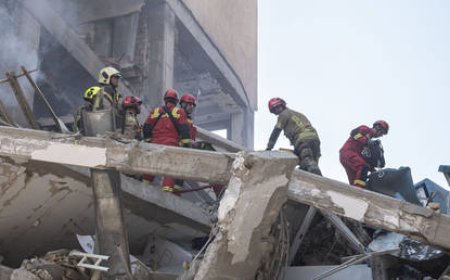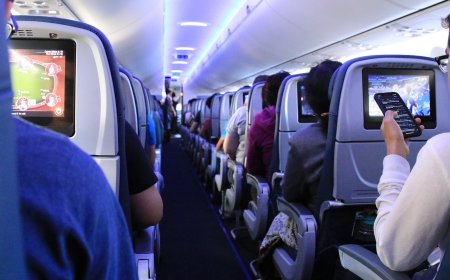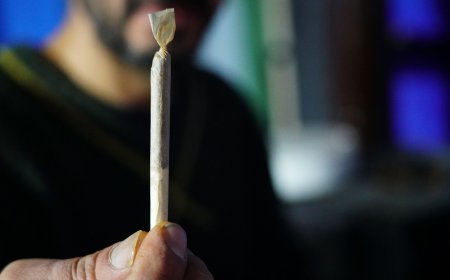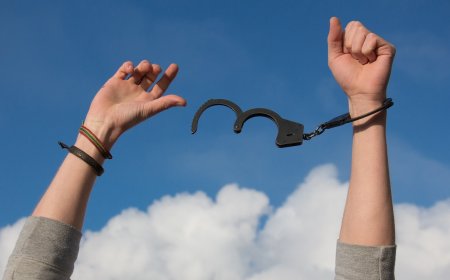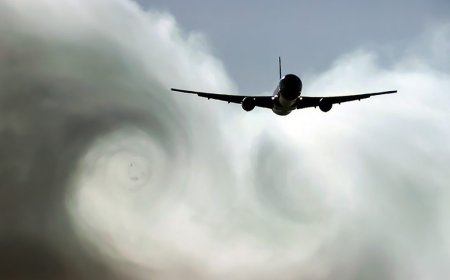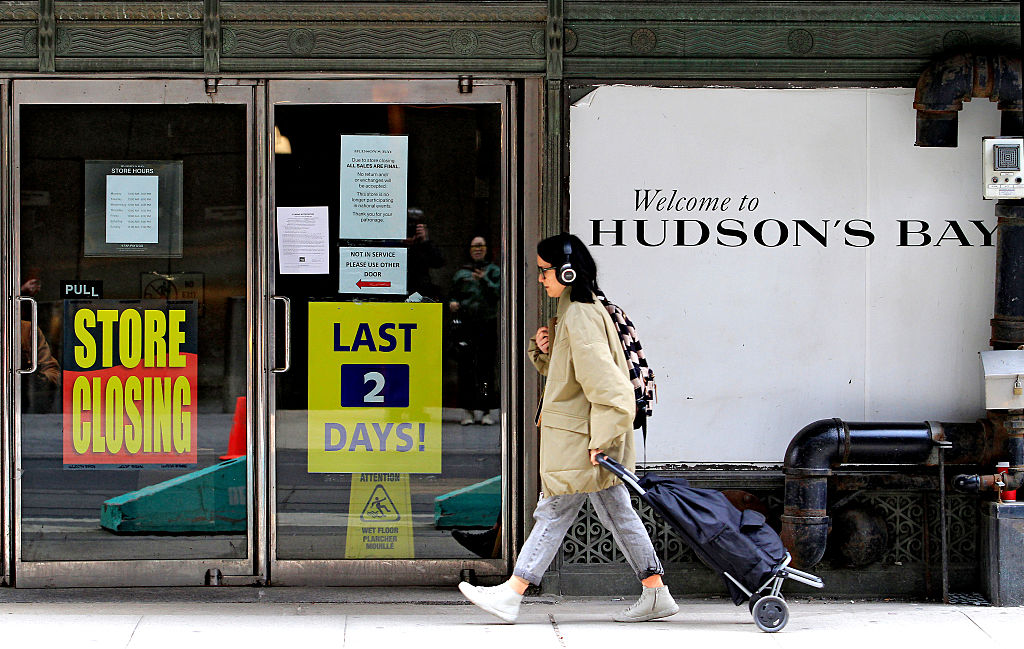What you can and what you can't take with you in a plane

When traveling, there are several unusual and unexpected items that you might not be allowed to take into your hand luggage due to security regulations and safety concerns. These restrictions may vary from country to country, and it's essential to familiarize yourself with the specific rules of the airport you're departing from. Here are some strange items that are typically prohibited in hand luggage:
-
Sharp objects: Items like knives, scissors, and razor blades are generally not allowed in hand luggage. However, certain small scissors with blunt tips might be permitted.
-
Sporting equipment: Some sporting goods, such as baseball bats, golf clubs, and pool cues, are not allowed in hand luggage due to their potential use as weapons.
-
Tools: Tools such as hammers, crowbars, and drills are not permitted in hand luggage.
-
Liquids over 100ml: Most airports restrict the amount of liquid you can carry in your hand luggage to containers of 100ml or less, and all liquids must fit in a transparent, resealable plastic bag.
-
Gel-type products: Gels, including hair gel, toothpaste, and certain creams, are subject to the same liquid restrictions.
-
Self-defense items: Items like pepper spray, stun guns, and batons are typically prohibited in hand luggage.
-
Toy guns or replicas: Even toy guns or realistic replicas may be considered a security risk and are often not allowed in hand luggage.
-
Lighters and matches: In many cases, you are not allowed to carry a lighter or matches in your hand luggage, though some airports may permit one small, disposable lighter.
-
Batteries: Spare lithium batteries, particularly those with a high energy density (e.g., power banks), may have restrictions on the number and size allowed in hand luggage.
-
Flammable substances: Items like fireworks, flares, and flammable liquids are prohibited in hand luggage.
Always check the official website of the airport or airline you are traveling with for a comprehensive list of prohibited items in hand luggage. If you have any doubts about an item, it's best to pack it in your checked baggage or leave it at home to avoid any issues during the security screening process.
Hold luggage
Hold luggage is also subject to limitations, and there are still certain items you should avoid packing to comply with airline and airport regulations and ensure a safe and smooth journey. Here are some things to consider when packing your main luggage:
-
Prohibited items: Many of the items that are not allowed in hand luggage, such as sharp objects, tools, sporting equipment that can be used as weapons, and flammable substances, are also not permitted in checked luggage. Always double-check the airline's website or contact them directly to see the complete list of prohibited items for checked baggage.
-
Valuables and irreplaceable items: While checked baggage is generally safe, it's best to avoid packing valuable items, such as expensive jewelry, electronics, and important documents (e.g., passports, travel insurance, identification). These items are better kept in your carry-on bag to reduce the risk of loss or theft.
-
Fragile items: Although checked baggage is handled with care, fragile items might be subjected to rough handling during loading and unloading. If possible, carry fragile items with you in your hand luggage, or consider purchasing appropriate protective packaging for them.
-
Medications and essential items: Pack any necessary medications, prescription glasses, and other essential items in your carry-on bag. This way, you'll have them with you in case your checked luggage is delayed or lost.
-
Liquids and perishables: While liquids over 100ml are prohibited in hand luggage, you can pack larger quantities of liquids, such as shampoo or sunscreen, in your checked baggage. However, ensure they are properly sealed and won't leak during transit. Avoid packing perishable food items in checked luggage, as they may spoil.
-
Bulky or oversized items: Some airlines have restrictions on the size and weight of checked baggage. Be aware of the weight limits and any additional fees that might apply for oversized or heavy items.
-
Firearms and ammunition: Firearms and ammunition must be declared to the airline during the check-in process and packed following specific regulations. Each airline and country may have different rules regarding the transportation of firearms and ammunition.
You must follow the airline's guidelines and restrictions for checked baggage to avoid any issues at the airport. Label your luggage with your name and contact information to facilitate identification in case of loss. It's also a good idea to take a photo of your checked luggage before you hand it over to the airline as a reference.
Lastly, consider using TSA-approved locks on your checked baggage for added security during travel. These locks can be opened by TSA agents if necessary for inspection, reducing the risk of damage to your luggage.



















